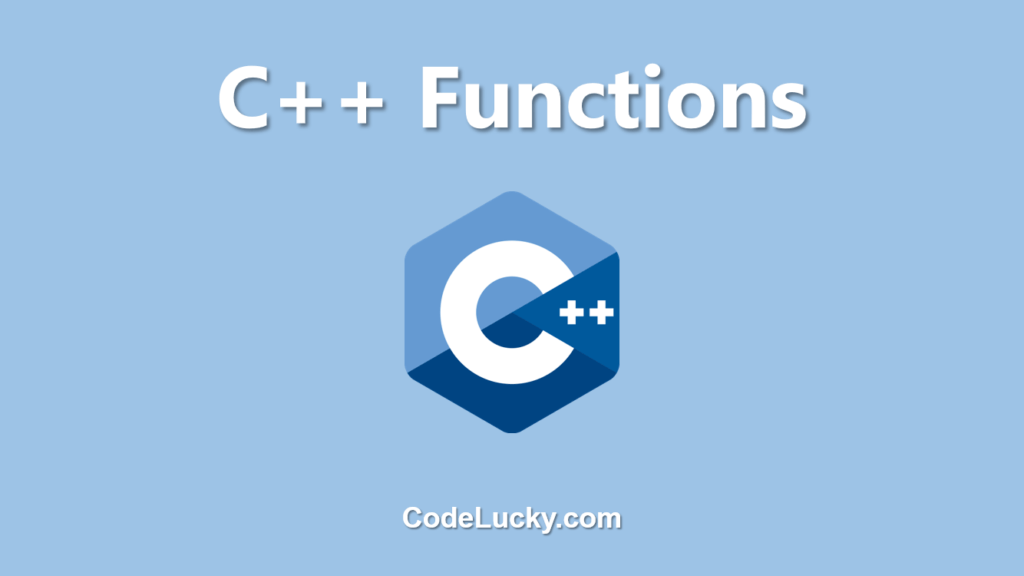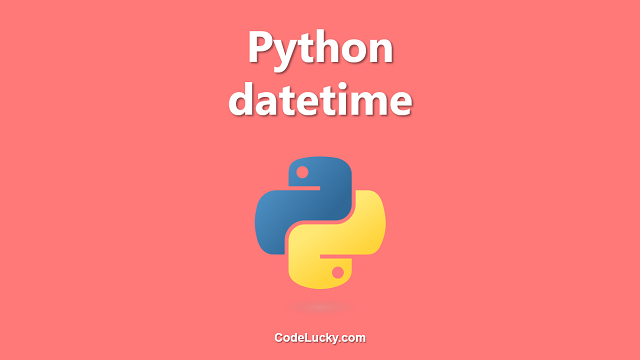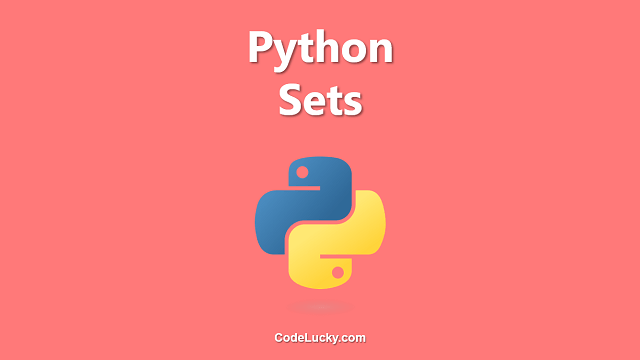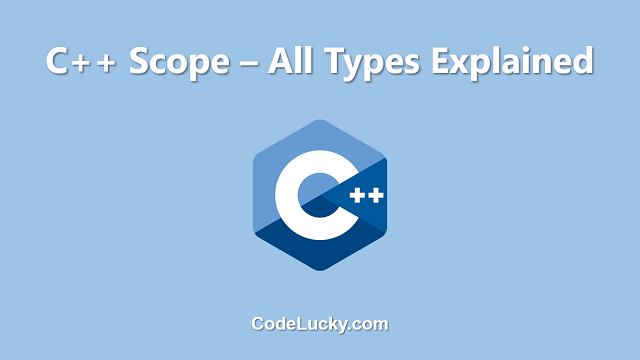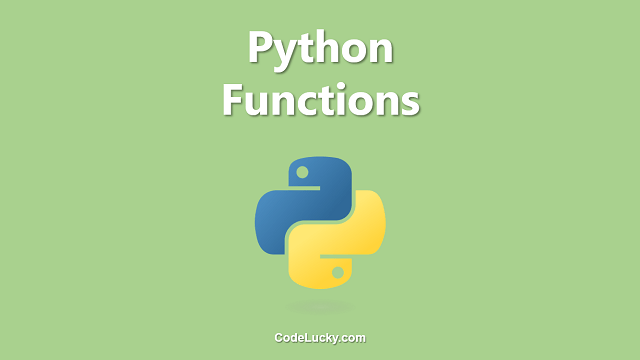In C++, a function is a block of code that can be reused throughout a program. Functions can take input in the form of parameters and can return a value or output. Using functions can make a program more organized and easier to read and maintain.
Declaring and Defining Functions
A function is declared by specifying its return type, name, and the types and names of its parameters. Here is an example of a function that takes two int parameters and returns their sum:
int add(int x, int y) {
return x + y;
}
In this example, the function is named “add”, it takes two int parameters named “x” and “y”, and it returns an int value. The function body is enclosed in curly braces and contains the statements to be executed when the function is called.
Functions can also be defined before they are called in the program. This is called function prototype and it’s done by only specifying the function signature. For example:
int add(int x, int y);
Calling Functions
A function is called by specifying its name followed by its arguments in parentheses. Here is an example of calling the “add” function from the previous example:
int x = 5, y = 7; int sum = add(x, y); cout << sum;
Output:
12
Function Parameters
Functions can take input in the form of parameters. Parameters are the variables declared in the function signature, that are used to pass data into the function. Functions can have any number of parameters, or none at all. There are two types of function parameters:
- Value parameters: these are also called call-by-value, where the function receives a copy of the value passed as an argument, so changes made to the parameter in the function will not affect the original variable.
- Reference parameters: these are also called call-by-reference, where the function receives the memory address of the variable, so changes made to the parameter in the function will affect the original variable.
Default Parameters
C++ allows to specify default values for function parameters. This is done by assigning a value to the parameter in the function prototype or definition. For example:
int add(int x, int y = 0);
In this example, the second parameter of the add function has a default value of 0, so if the function is called without providing a value for the second parameter, it will be treated as 0.
Function Overloading
C++ allows to create multiple functions with the same name, as long as they have different parameters. This is called function overloading. It allows to create more versatile and readable code. For example:
int add(int x, int y); double add(double x, double y);
In this example, the add function is overloaded, as it can accept both int and double parameters. The compiler will automatically choose the correct version of the function to call based on the type of arguments passed.
Inline Functions
C++ allows to specify that a function should be inlined, which means that the compiler will replace function calls with the code of the function itself. This can improve performance, but it also increases the size of the generated executable. To make a function inline, the keyword “inline” is used before the return type. For example:
inline int add(int x, int y) {
return x + y;
}
It’s important to note that inline functions are only a suggestion to the compiler, and it has the freedom to ignore it if it deems it unnecessary.
Recursive Functions
C++ allows to create recursive functions, which are functions that call themselves. Recursive functions are useful for solving problems that have a recursive structure, such as calculating the factorial of a number. For example:
int factorial(int n) {
if (n == 0) {
return 1;
}
else {
return n * factorial(n-1);
}
}
In this example, the factorial function uses recursion to calculate the factorial of a number. It uses a base case of 0, which returns 1, and a recursive case that calls itself with the argument n-1, multiplying the result by n.
Conclusion
Functions are an essential part of C++ programming, as they allow to organize and reuse code. They can take input in the form of parameters, and can return a value or output. C++ also provides advanced features such as function overloading, default parameters, and inline functions, which can make code more versatile and efficient.

